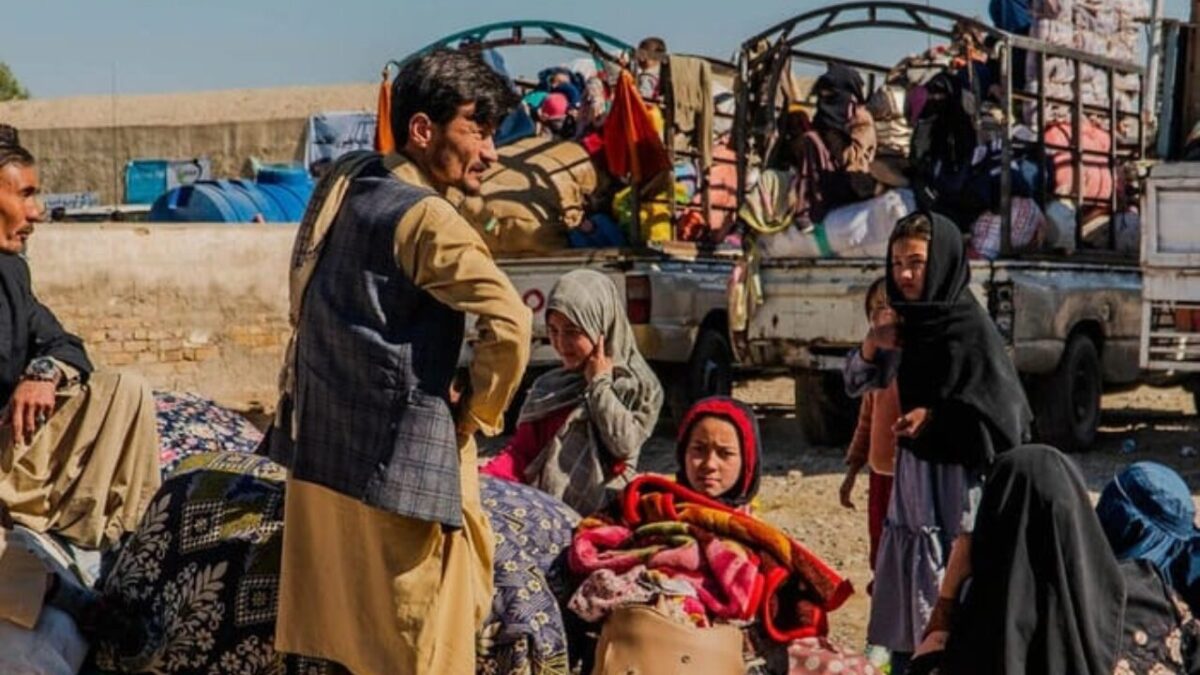KABUL, Afghanistan — At least 533 Afghan migrant families returned to Afghanistan from Pakistan and Iran over the past week, according to data compiled by AMU from Taliban statements.
The figures show that 371 families were expelled from Iran, while 162 families returned from Pakistan — with a mix of forced and voluntary departures.
The data, compiled from multiple border crossings, showed that 130 families entered Afghanistan through the Torkham crossing, and 32 through Spin Boldak, both on the Pakistan border. From Iran, 126 families crossed via Pul-e-Abrisham in Nimroz province and 245 through Islam Qala in Herat province.
No data was released for Tuesday and Wednesday of this week, raising questions about the consistency of reporting.
The latest figures follow a previous wave of returns in the week of March 15–21, during which 873 Afghan families were reportedly expelled — 837 from Iran and 36 from Pakistan — again through a combination of forced and voluntary repatriations.
The Pakistani government has set March 31 as the deadline for Afghan migrants holding Afghan Citizen Cards (ACC) to leave the country, and June for those holding Proof of Registration (PoR) cards. Security forces have launched nationwide crackdowns, particularly in Islamabad and Rawalpindi, detaining large numbers of Afghan migrants in recent weeks.
The policy has drawn sharp criticism from human rights organizations, including Amnesty International, which has called on Pakistan to halt what it described as a “cruel” policy of forced deportations. The organization warned that many returnees face severe humanitarian and security risks upon arrival in Afghanistan.





